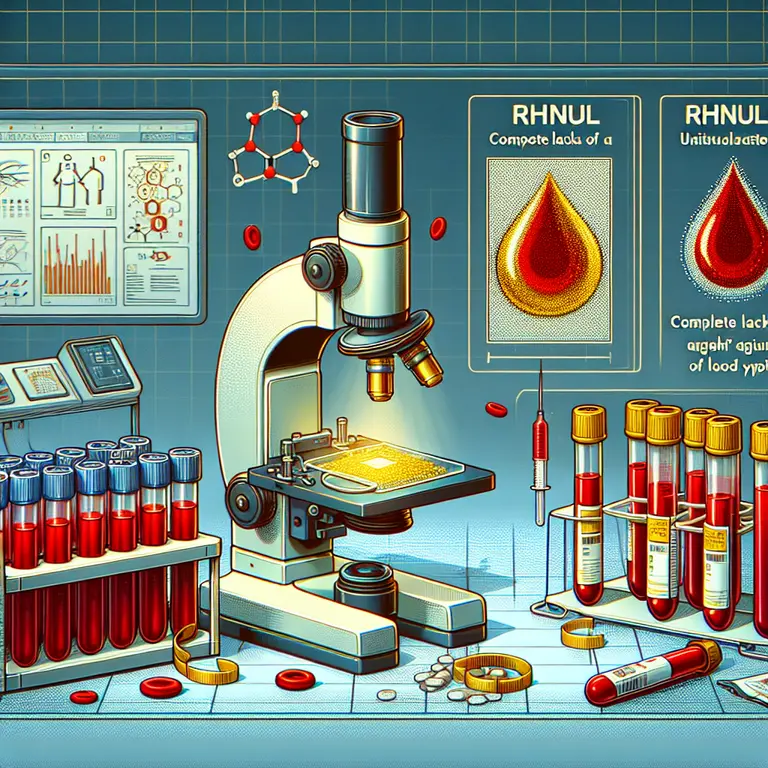Rhnull: The Ultra-Rare and Highly Valuable Golden Blood Type
There is a blood type named Rhnull, also known as 'golden blood,' characterized by the complete absence of Rh antigens on the red blood cells. It's extremely rare and considered golden because anyone with a rare blood type in the Rh system can accept it.

The Rh-null phenotype was first discovered in an Aboriginal Australian woman in 1961, then later found in a selection of people from varying ethnic backgrounds from Papua New Guinea to France. What makes this specific RHNull phenotype so incredible comes down to its universality. For certain people who have extraordinary conditions that require frequent blood transfusions, exposure to antigens—the stuff that resides on the outside of our cells, creating biological diversity—can be potentially deadly over time. Thus, the fewer antigens on one’s cells, the better or less reactive. Rhnull individuals technically carry a higher risk of adverse reactions if they need blood – their supply options are minimal. However, they form a critical life-saving donor resource for those whose systems may reject more common types that could elicit antibody responses within them. The shortage is apparent – only 43 people worldwide are currently recognized as producing it. Despite its golden status, there are considerable downsides for those who hold this Rh-null type: Apart from being inconvenienced by their constant donations and therefore saving others' lives due to this scarcity and importance of medicine, these people cannot receive blood donors themselves unless from very similar Rh-null types. Their bodies would reject anything else, just like any other incompatible transfusion. Therefore, they live under constant, careful protection against accidents or diseases.Citation: Linda Geddes’ article Golden Blood published in Mosaic Science(2017), Rare ‘golden’ Blood Type identified by Scientists by Kristin Hugo published in Newsweek (2017).
Category: Science